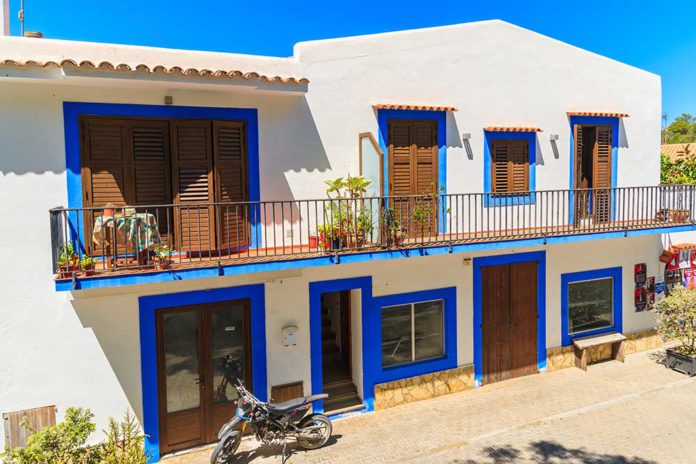
ARE you looking to build an extension onto your Spanish property? Here a few things you need to know…
If you’ve just bought a second-hand home in Spain that could do with some sprucing up or want to extend your current house a bit, make sure you follow all the Spanish rules and regulations as it could that could prove costly or disastrous otherwise.
Planning regulations are much stricter in Spain now than they were ten years ago so you will need to make sure you are precise about the changes you want to make.
To make life a lot easier, it’s always a good idea to hire an English-speaking solicitor and architect, especially if you are planning on making big changes, and they will help you make sure you’re following protocol.
To make any changes to a building – which can range from adding walls to creating doorways and changing the size of windows – it is necessary to get both planning permission and a building licence which can be obtained from the local town hall.
There are two kinds of building licences in Spain, which are:
- Licencia de Obra Major (Licence for major work) – this licence is required for any property extensions or plans to alter its structure. It is necessary to seek permission from the town hall and help from a local architect for these kinds of changes.
- Licencia de Obra Menor (Licence for minor work) – this generally applies for all minor interior work, such as alterations or replacements to anything that is invisible from the outside of the property.
There are different types of licences within these categories but your solicitor or architect will able to help you ensure you get the right one.
You are also required to provide a lot of paperwork and documents to support your application, which can be difficult to keep up with. For example, for any major renovations you need to fill out the official application form, another form to pay for administration costs, a document outlining the project signed by your architect and a document that proves your architect or building manager is fully licensed.
Furthermore, the town hall will calculate the appropriate amount of tax you need to pay to carry out the renovation once you have submitted all the information. This usually amounts to between two to six per cent of the total cost of the project.
Also make sure that your property does not lie on any protected land and check the regional plot size limitations. Some areas also require that any extensions have to be in the typical Spanish-style.
There are also further limitations if you plan to do building work on a property close to the beach as the Spanish authorities are now taking great lengths to protect the coastline and wildlife. If you are looking to purchase a coastal property, make sure there are no major renovation works that need to be undertaken after completing the sale or that you have any prospective building work approved the town hall first.
Once the extension is complete, all changes must be registered at the Land Registry office. The architect will also have to sign the Final Building Certificate before a notary to get it registered.








